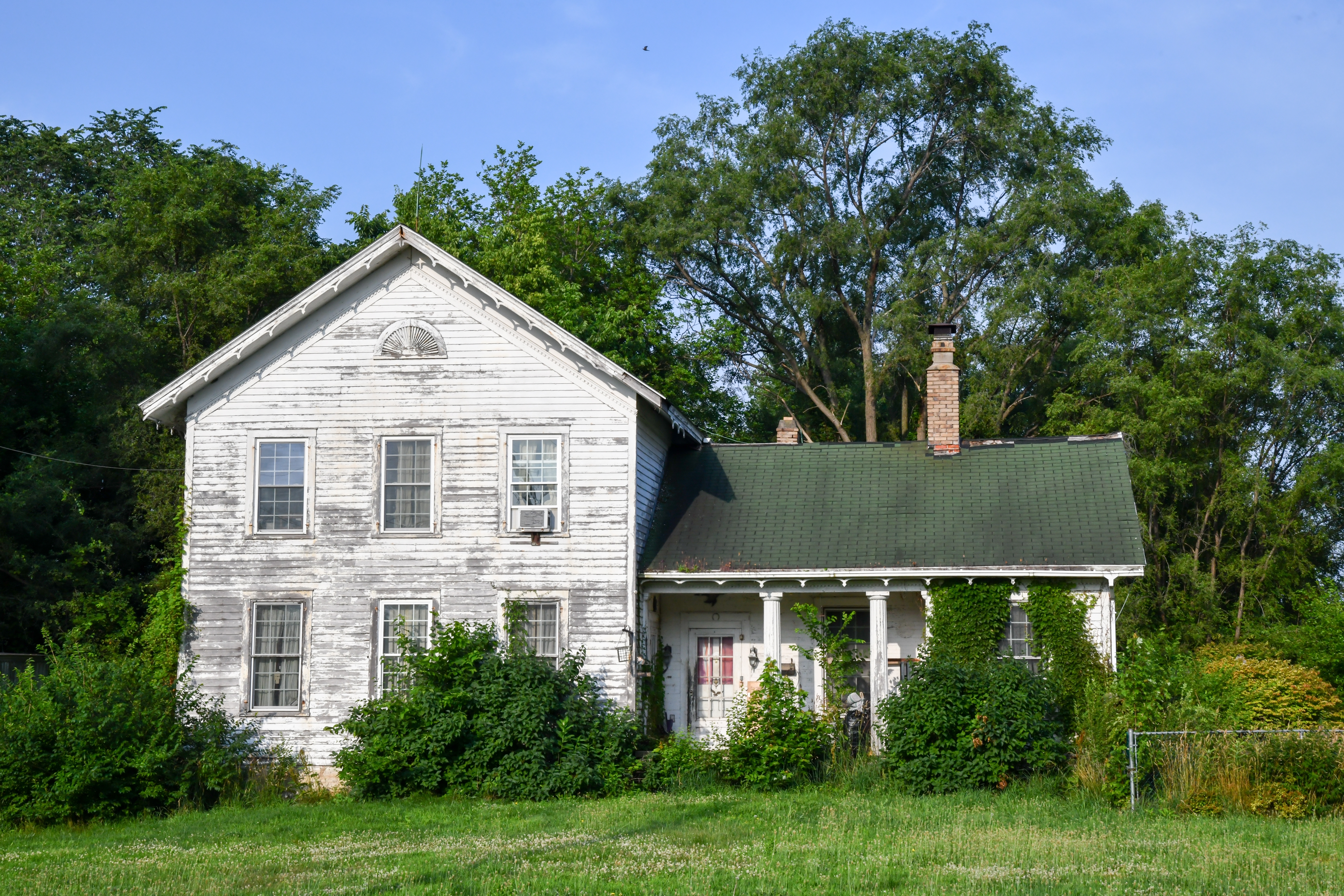Looking for Hidden Home Deals in Canada? How to Find Discounted, Abandoned, and Foreclosure Properties in 2025
Think $1 homes are a myth? Discover where genuine bargains exist—and learn the most reliable strategies and risks you need to navigate to land an abandoned or discounted property in Canada next year.

Understanding Tax Sales as an Avenue for Discounted and Abandoned Houses
A consistent method for finding abandoned properties or homes priced below market value in Canada is through “tax sale.” Tax sales occur when municipalities conduct public auctions or tenders after property owners have not paid their property taxes. This process allows the municipality to collect unpaid taxes by selling the property, which can include:
- Vacant lots
- Abandoned or unattended houses
- In some cases, homes in a state of disrepair
How Tax Sales Work
- Listings: Municipalities publicly announce tax sale properties, typically found on local government sites or specialized resources like TaxSalesHub.ca.
- Bidding: Interested buyers participate by submitting written bids or tenders, as these are public events.
- Deposits: An upfront deposit (often at least 20%) is usually required.
- Winning the Tender: The highest qualified bidder earns the opportunity to buy the property.
Tax sale listings are updated regularly, and interested individuals can subscribe to relevant services for information. It is important to note that not all properties are suitable for immediate occupancy, and competition may be strong.
Types of Properties Offered Through Tax Sales
- Properties needing significant repairs
- Occasionally, abandoned or unlivable homes
- Some opportunities for purchasing homes requiring renovations
Information on Foreclosure and Power of Sale in Canada
Foreclosure properties present another option for purchasing homes at lower prices, but these opportunities are less frequent in Canada compared to the United States due to procedural and legal distinctions.
Foreclosure and Power of Sale Processes (2025 Update)
- Foreclosure (Judicial Sale): This is more commonly seen in provinces such as BC, Alberta, Saskatchewan, Quebec, and Nova Scotia. It involves legal proceedings, and after multiple missed payments (generally four or more, or about 120 days), lenders may seek court approval to sell the property, either through an auction or agent.
- Power of Sale: More typical in Ontario, Newfoundland, PEI, and New Brunswick. In this process, lenders may sell the property without court intervention after a standard waiting period, often around 35 days following payment default.
Ways to Obtain Foreclosure Listings
- Connect with real estate agents familiar with foreclosure and power of sale transactions
- Explore real estate websites that list “distressed” or “fixer-upper” properties
- Review announcements from local real estate boards and regional auction schedules
Challenges and Considerations
- Most foreclosure sales require formal bids; immediate or uncomplicated “cash offers” are uncommon.
- Buyers frequently compete for below-market properties.
- Many properties may need substantial repairs to meet occupancy standards.
Price Expectations When Seeking Bargain and Abandoned Homes
As of February 2025, the Canadian benchmark home price is approximately $668,097. Lower prices are typically found in select regions and for certain property types, including:
- Saskatchewan: $344,700 (benchmark price)
- New Brunswick: $328,900
- Newfoundland: $307,300
- Mauricie region, Quebec: $302,700
- Sault Ste. Marie, Ontario: $303,900
Within these areas, and through tax sales or distressed property listings, options might include:
- Homes in need of repairs or modernization
- Mobile and tiny homes
- Properties suitable for renovation
Please Note: As of 2025, there are no known government-backed or reputable $1 home programs in Canada. Though some properties may be listed at very low prices due to their condition, such offers are rare and should be carefully verified.
Steps to Locate and Acquire Abandoned or Foreclosure Properties
- Sign Up for Tax Sale Alerts: Use dedicated platforms (such as TaxSalesHub.ca) to receive updates on upcoming tax sales.
- Consult a Realtor: Work with a real estate agent who has experience in tax sale and foreclosure transactions.
- Monitor Real Estate Listings: Use search terms like “fixer-upper,” “distressed,” “abandoned,” or “tax sale” on Canadian real estate websites.
- Check Municipal Websites: Municipalities often provide advance notice of scheduled tax sales.
- Arrange for Financing and Deposits: Be prepared to provide deposits (commonly 20% or more) and have financing organized, as non-standard sales may not accommodate conventional mortgage conditions.
Risks and Additional Costs to Consider
Purchasing these types of properties can involve specific risks:
- Significant Repairs: Many homes need extensive renovations, including possible structural work.
- Legal Liens and Encumbrances: Tax sales generally convey properties “as is”—some outstanding costs may remain (such as unpaid utility bills).
- Limited Financing Options: Traditional mortgages are not always available for distressed or abandoned homes. Alternative financing or larger down payments may be required. Buyers should be aware that a credit score above 680 is often expected.
Professional Due Diligence:Engage a qualified home inspector and a real estate lawyer to properly assess the property’s condition and title status. Working with professionals familiar with non-standard transactions can help manage potential challenges.
Summary of Key Points
- Tax sales and select foreclosure processes are standard avenues to pursue discounted or abandoned properties in Canada.
- The availability of $1 homes remains unsupported by reputable programs for 2025.
- Buyers should expect formal bidding and significant upfront deposits.
- Diligence and professional guidance are strongly recommended.
- Prospective buyers benefit from thorough research and setting a realistic budget that accounts for potential renovation costs.
Sources
- Tax Sales Hub Canada
- 10 Cheapest Homes in Canada for Sale Right Now (Zolo)
- How To Buy A Foreclosed Home In Canada (Loans Canada)
Disclaimer: All content, including text, graphics, images and information, contained on or available through this web site is for general information purposes only. The information and materials contained in these pages and the terms, conditions and descriptions that appear, are subject to change without notice.




